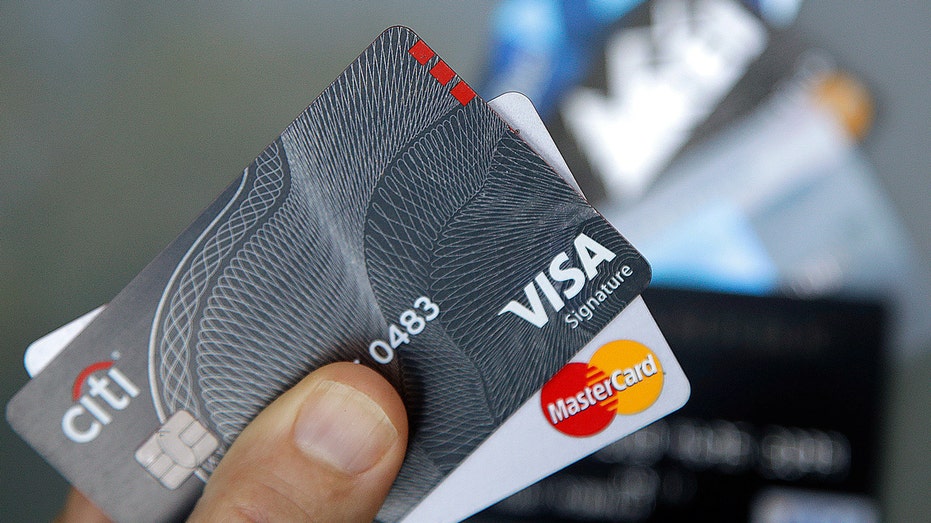Financial Advisor Jason Friday: Smart things to do with a raise or extra money
You’ve been doing well at your job and your employer decides to recognize your hard work with a raise. After the formalities and a celebratory glass of champagne, it’s time to make a financial decision that will set you up for success.
All too often when people get a raise, they either direct that new money untouched and unprotected directly into their checking accounts without thinking twice, or fall into the behavioral phenomenon called, “Mental Accounting.”
Put simply, this is when someone treats money differently depending on the source. For example, someone who receives an unexpected bonus has a tendency to spend that money more frivolously than regular income.
So, let’s avoid falling into that trap and use this as an opportunity to make your raise work as hard as you did for it. Here are some strategies you can adopt to turn your new hard-earned cash into a liquid asset.
Set up a direct deposit into your savings account or IRA

If all your salary goes directly into a checking account, you are missing out on opportunities for higher returns through a savings account or IRA account, for example. Don’t let your new cash increase go with the bulk of your salary straight into your regular checking account.
Instead, put your money to work. By depositing your raise into a savings account, your money will work harder and earn interest. If you choose to put the extra money into a tax-exempt IRA, you’re keeping more and earning interest for your retirement through tax-free growth (but cannot withdraw without penalties).
Once you determine which option is best for you, calculate your paycheck increase and set up a direct deposit so it’s automatically routed from each paycheck and you’re not tempted to spend the money.
Pay down debt

Whether it’s credit card debt, student loan debt, or personal loan debt, your raise income can be an opportunity to pay those off so you can continue to move forward financially. Factoring your raise income into your debt plan can help you make your payments on time, avoid additional interest and build or rebuild your credit, while maintaining your budget.
Start an emergency fund

Keeping a stash of money under your mattress may not be as common anymore, but the premise of a “rainy day fund” remains. Your monthly raise income could be put into an emergency fund for everything from an unexpected medical bill to last-minute travel.
I always recommend that everyone should have enough money to cover three to six months’ worth of expenses in case of a financial emergency.
Bump up your savings rate to your employer sponsored plan

Lastly, most people understand that saving for retirement in any form from an early stage is a good financial move. However, despite this, people often neglect their employer sponsored retirement plans like 401(k), 403(b) and IRA, due to a lack of awareness of the benefits, or not fully understanding the rules.
What makes this a highly profitable route is the tax deferred growth. No taxes are taken until you’re ready to make a withdrawal, which allows for greater control when paying taxes on those earnings further down the road.
Don’t overlook the opportunity and benefit your employer offers by matching contributions to 401(k) plans. It’s plain and simple – you’re receiving free money. Just like your own tax deferred contributions, an employer’s match will accrue earnings on a tax deferred basis, and also won’t be taxed until withdrawing from the account.
GET FOX BUSINESS ON THE GO BY CLICKING HERE
Receiving a raise is a great high-five and appreciation of all your hard work. With raises often comes opportunity, but don’t let your raise money lose its own opportunity to work harder and grow.
Jason Friday is head of wealth management planning at Citizens Bank Wealth Management.




















